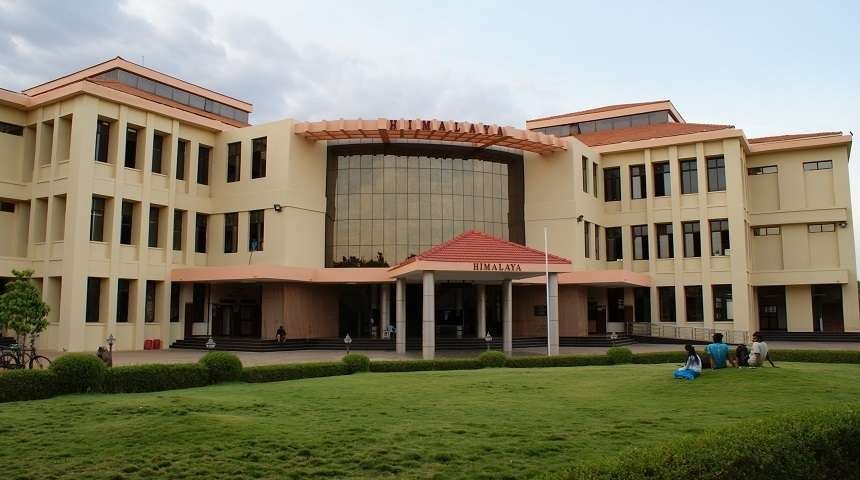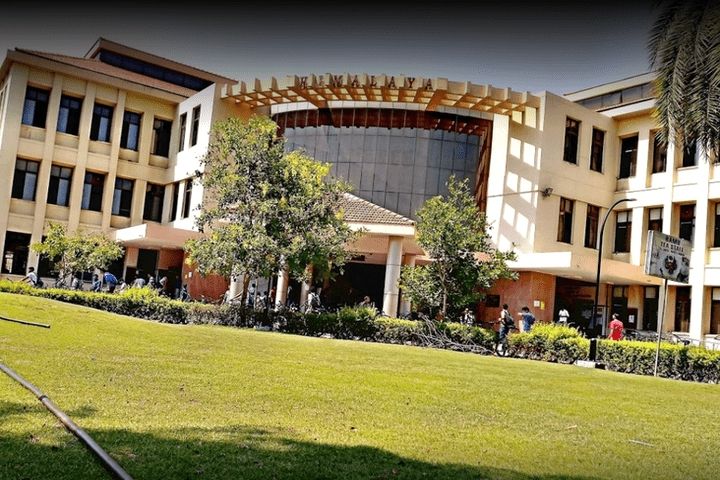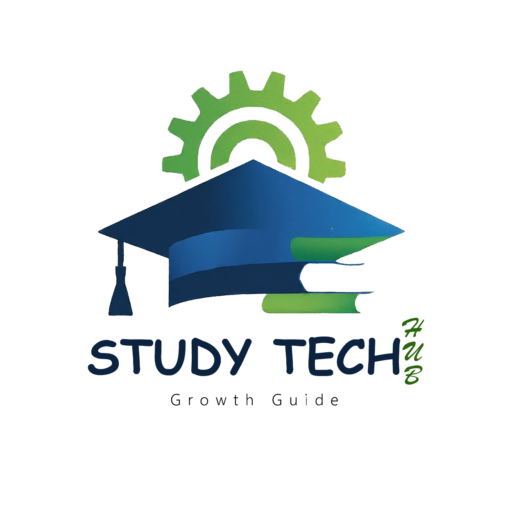- [email protected]
- India
JEE Advanced 2025: IIT Madras Introduces Two Innovative BTech Courses for Future Engineers

The Indian Institute of Technology (IIT) Madras has declared that it will introduce two new BTech courses for the 2025-26 academic session to match the changing needs of technology and industry. The two new undergraduate courses from the Department of Applied Mechanics and Biomedical Engineering are designed for students who pass the JEE Advanced test and attend the forthcoming Joint Seat Allocation Authority (JoSAA) counselling.
Each of these schools will enroll 40 students and will provide advanced training in new fields that integrate classical engineering with contemporary technical developments.

This four-year bachelor’s degree is intended to span physical engineering systems with cutting-edge computational hardware and artificial intelligence. Combining traditional mechanics with the most recent trends in data science and machine learning, this course equips students to thrive in digital and smart engineering spaces.
The course work comprises a wide range of topics—solid and fluid mechanics, materials science, fundamental electrical engineering (circuitry, signals, and embedded systems), as well as frontier areas such as high-performance computing and simulation. Students are prepared to make meaningful contributions across industries including aerospace, robotics, automotive, manufacturing, as well as in new areas such as digital twins, sustainable energy systems, and smart infrastructure.
2. BTech in Instrumentation and Biomedical Engineering (iBME) – Code 412V

With an eye on the convergence of healthcare technology and engineering, this four-year program hopes to prepare tomorrow’s leaders in the field of medical technology. The course blends biomedical engineering with solid bases in electrical and instrumentation engineering.
Students will learn topics such as Internet of Things (IoT), artificial intelligence, and networked medical technologies—all delivered in the context of biomedical science. Program graduates will be prepared to create ethical, clinically sound, and globally applicable medical solutions. Career opportunities include medical device development, health-tech startups, rehabilitation systems, and AI-based diagnostics.
Dual Degree Upgrade Choice
Students under either of these programs will also have the chance to shift to a five-year Interdisciplinary Dual Degree (IDDD) program, with a BTech + MTech combined degree. A few of the more advanced dual-degree courses include Computational Engineering, Biomedical Engineering, and Complex Systems and Dynamics—all governed by the Department of Applied Mechanics and Biomedical Engineering.
Statement from IIT Madras Director
IIT Madras Director Prof. V. Kamakoti highlighted the institute’s focus on academic innovation amidst rapid technological development. He observed, “While we see rapid developments in technology, it’s crucial that academic institutions adapt accordingly. Both these programs are strategically crafted to cater to the needs of Industry 5.0, next-generation healthcare, and new-age manufacturing.”
